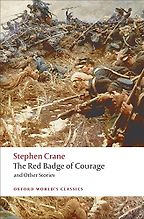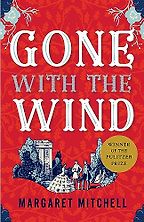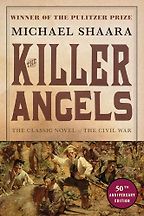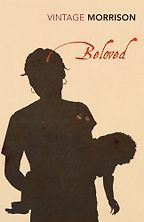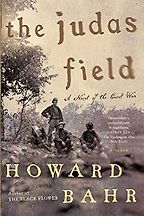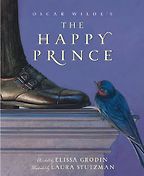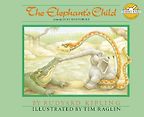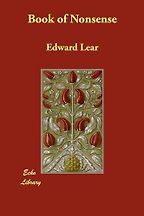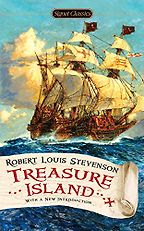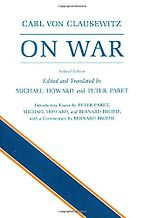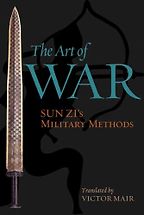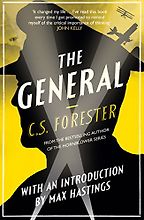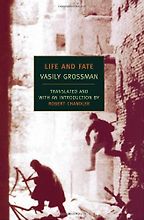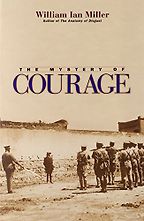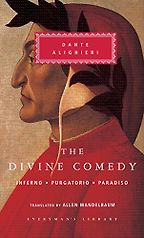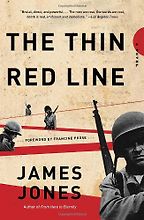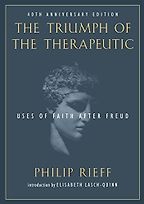Books by Stephen Crane
Stephen Crane (1871-1900) was an American novelist, short story writer and journalist. He was a prolific writer, but is best known for his classic novel of the American Civil War, The Red Badge of Courage. A recent biography of his short but eventful life (he died of tuberculosis aged 28) is Burning Boy by novelist Paul Auster.
The Red Badge of Courage
by Stephen Crane
The Red Badge of Courage is a novel set in the American Civil War by the novelist and poet Stephen Crane (1871-1900). It’s not strictly historical fiction—which, according to some definitions, has to be written at least half a century after the time period the book is set in—but Crane did not himself participate in the Civil War, so it is certainly a work of fiction. It’s been recommended several times on Five Books.
Interviews where books by Stephen Crane were recommended
Classic Novels of the American Civil War, recommended by Craig A. Warren
The American Civil War (1861–1865) was a watershed moment in the history of the United States—and, as a result, has made an enormous impact on American literature, explains Craig A. Warren, author of Scars to Prove It: The Civil War Soldier and American Fiction. Here, he recommends five key texts: classic novels of the American Civil War that, together, offer a panoramic view of a country in crisis.
Michael Morpurgo recommends his Favourite Children’s Books
The best-selling children’s author, Michael Morpurgo, says books for children need to do more than amuse their readers. He picks his own favourite books written for young people.
The best books on War, recommended by Michael Howard
Fear is a great examiner of one’s character, argues the World War II veteran and eminent historian of war, Sir Michael Howard. He recommends the best books on war—two on strategy and three on what it’s actually like for soldiers and commanding officers.
The best books on Cowardice, recommended by Chris Walsh
The acting director of the Writing Program at Boston University argues that cowardice can still be part of our ethical vocabulary, but that we must learn from history’s mistaken identification of the traumatised as cowards.
